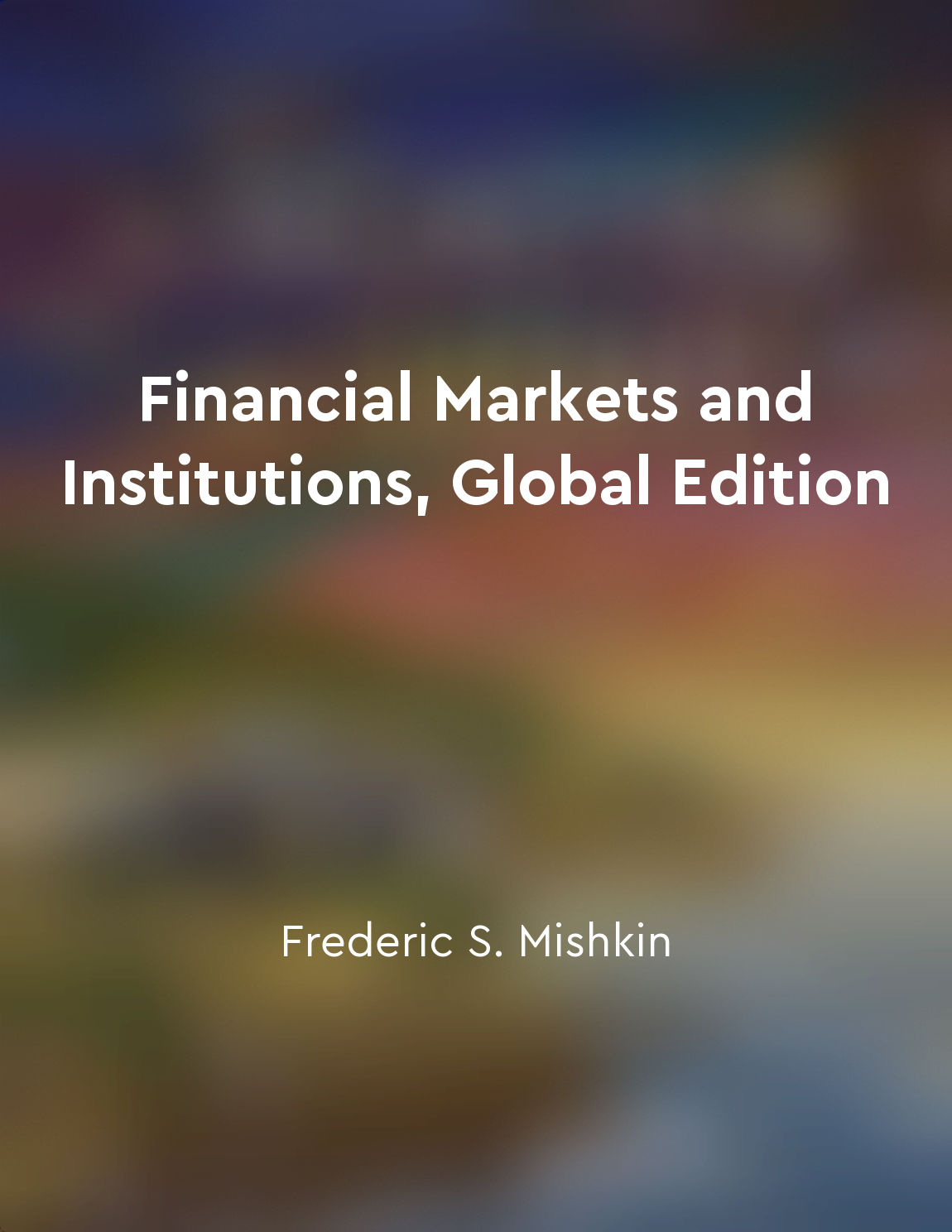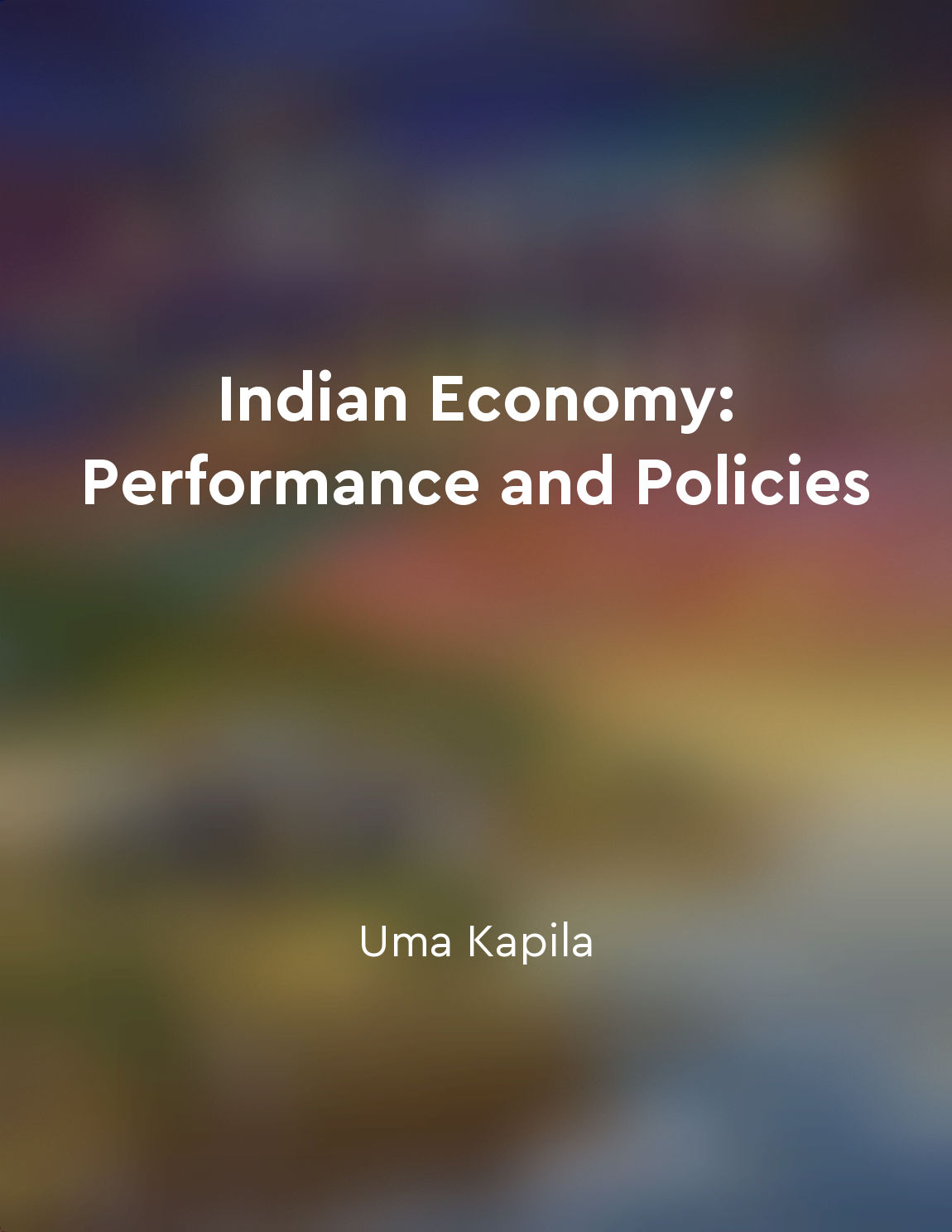Fiscal deficit monetary policy framework from "summary" of Indian Economy: Performance and Policies by Uma Kapila
Fiscal deficit is the excess of total expenditure over total receipts excluding borrowings during a particular period. It reflects the borrowing requirements of the government to meet its expenditure. The fiscal deficit has a direct impact on the money supply in the economy. When the government resorts to borrowing to finance its spending, it injects money into the system. This excess liquidity can lead to inflationary pressures in the economy. Monetary policy, on the other hand, refers to the measures taken by the central bank to control the supply of money in the economy. One of the key objectives of monetary policy is to maintain price stability. In the context of fiscal deficit, monetary policy plays a crucial role in managing the liquidity in the economy. The central bank can use various tools such as open market operations, reserve requirements, and policy interest rates to control the money supply. The fiscal deficit monetary policy framework refers to the coordination between fiscal an...Similar Posts
Monetary policy affects market stability
Monetary policy plays a crucial role in maintaining market stability. By influencing interest rates and money supply, central b...
Protectionism can harm domestic industries
Protectionism, the policy of imposing restrictions on imports to protect domestic industries, may seem like a good idea at firs...

Welfare programs often have unintended consequences
Welfare programs are often put in place with the best of intentions - to help those in need and alleviate poverty. However, the...
Trade liberalization can boost growth rates
Trade liberalization can boost growth rates through various channels. Firstly, by removing trade barriers such as tariffs and q...

Business strategies adapt to changing macroeconomic conditions
In the dynamic landscape of the business world, firms must be acutely aware of the ever-changing macroeconomic conditions that ...
The Benefits of Allowing Markets to Operate Freely
Allowing markets to operate freely is essential for the efficient allocation of resources and the maximization of societal welf...

The banking system is subject to various risks
The banking system faces a range of risks that can impact its stability and operations. One key risk is credit risk, which aris...
Government intervention affects markets
Governments play a crucial role in influencing markets through various interventions. These interventions can take many forms, ...

Investors use financial instruments to diversify their portfolios
Investors often seek to diversify their portfolios as a way to manage risk. This involves spreading their investments across di...

Structural transformation growth sustainable development
The concept of structural transformation is essential for achieving sustainable development in the Indian economy. Structural t...
